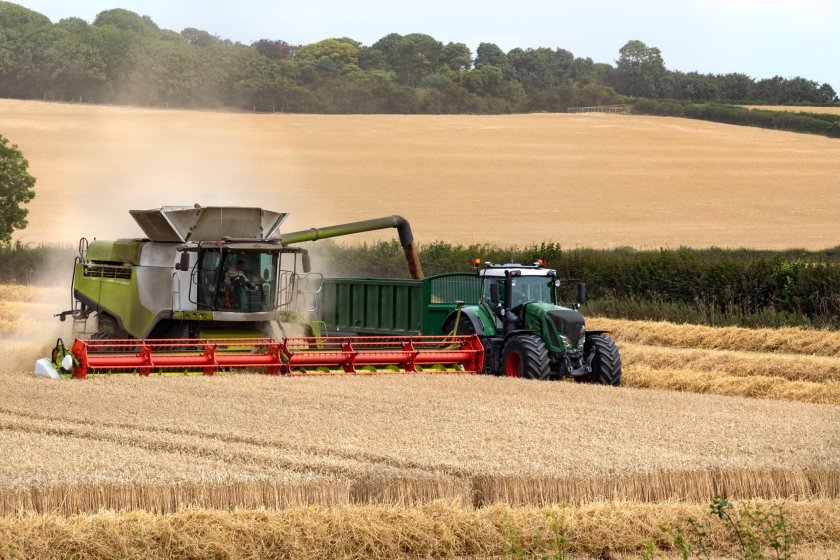
Recent sunny spells has meant that harvest is now progressing, but continued variable weather by region is still contributing to a 'stop-start' harvest.
Some regions have continued to experience showers and incidences of localised heavy rainfall, hindering regional and overall national progress, according to AHDB.
The levy board has published the third harvest progress report of 2023, covering the beginning of harvest up to 15 August, or week 6.
The latest update shows that the GB winter barley and oilseed rape harvest have caught up, with the oat harvest also progressing at some speed across the week.
However, winter wheat is far behind last year’s rapid progression, and spring barley harvest progression is lagging behind five-year averages due to later sown crops which are still not mature in some regions.
In data to 15 August, winter barley harvest is now near complete, according to AHDB's report.
The levy board reported there are a small number of fields left in Yorkshire and Scotland, which is on par with the five-year average of 99%.
Meanwhile, harvest of spring barley is 24% complete, which is below the five-year average of 32% complete at this point in the season.
For winter wheat, 37% of the total area has been harvested - below the five-year average of 56% complete.
Explaining more, Anthony Speight, AHDB senior analyst, said: "In Yorkshire, it has been reported that priority has been given to harvesting spring barley, especially malting varieties, in an effort to preserve grain quality."
To the week ending 15 August, the GB oat harvest is 34% complete, while the winter oilseed rape harvest is 98% complete.
Progress over the past week has meant that both crops are now ahead of the five-year averages of 28% and 93%.
Mr Speight said: "Reports point to varied yields by region, variety and especially by soil type, with lighter soils which have previously experienced water stress yielding lower.
"For oilseed rape, yields are also very variable but generally poor – with lower yields largely attributed to wet and windy weather, and pest damage."
